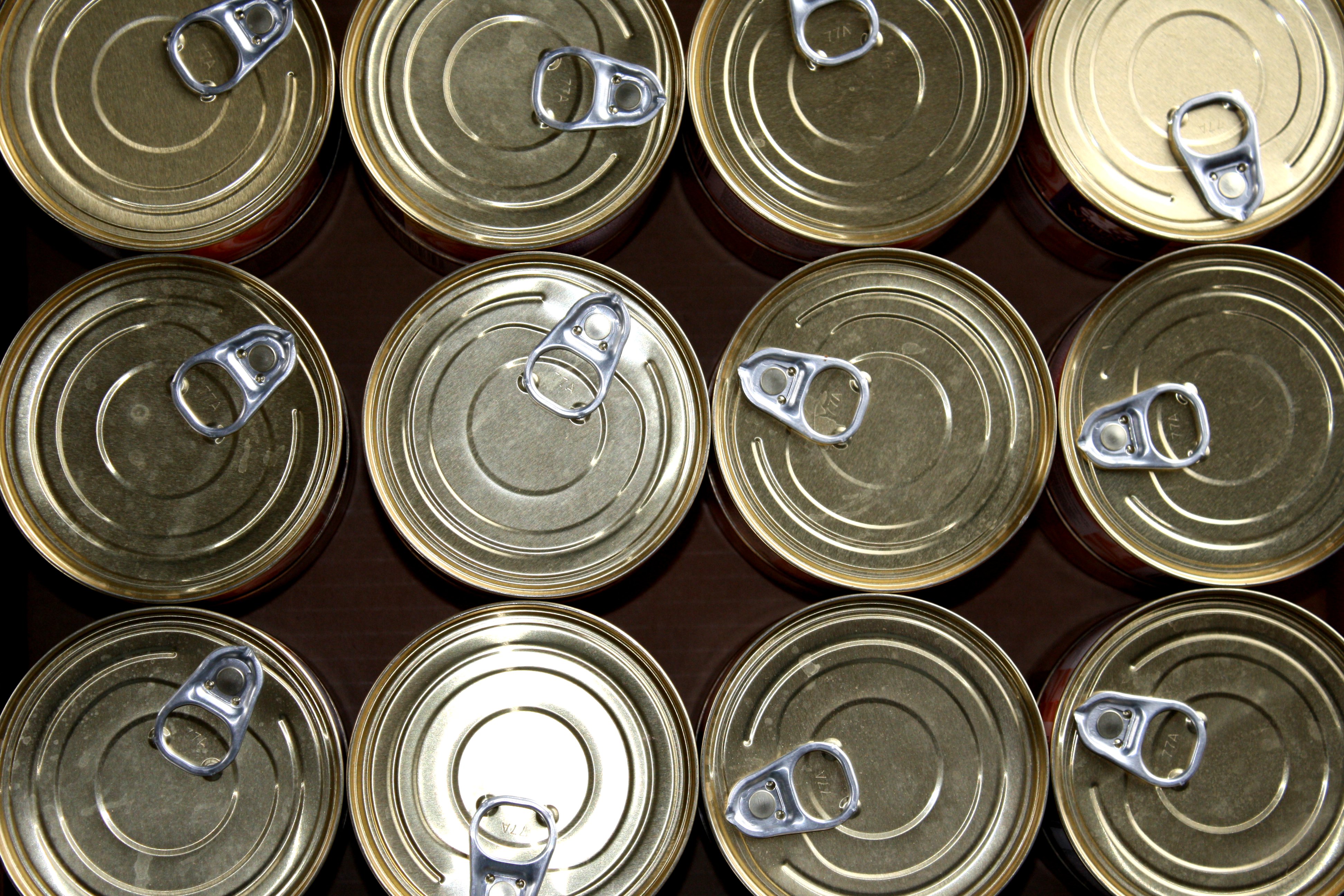To tell or not to tell. That is the dilemma and heated debate which is occurring in California over Bisphenol A (BPA) in some of the canned food products sold at grocery stores. The regulators are concerned that wording on the label is too scary. They claim to be worried that poor customers won’t buy canned food anymore.
Warnings are supposed to be on food product labels and/or posted on retailers shelves by May of 2016, but California is delaying the labeling law and is making other, less alarming, plans to inform consumers of the presence of BPA.
According to the Associated Press:
California plans to delay state-required warnings on metal cans lined with the chemical BPA, arguing too-specific warnings could scare stores and shoppers in poor neighborhoods away from some of the only fruits and vegetables available — canned ones, officials said Thursday.
Instead, the state on May 11 will require stores to post general warnings at checkout counters about the dangers of BPA and note that some canned and bottled products being sold have liners with the toxic chemical.
For the next year, grocery retailers will be required to display general notices within their stores alerting customers that some canned foods for sale in the store contains BPA. This, in theory at least, will give manufacturers and retailers the needed time to come up with a better way to word the BPA warning labels so they will be less scary to consumers.
In 2012, the United States Food and Drug Administration banned the usage of BPA in certain products, like baby bottles and sippy cups. Many other products on the market still contain BPA, like canned fruits and vegetables.
Past studies have shown that BPA contains estrogen-like substances which when ingested in high levels can cause problems within the female reproductive system. It has also been linked to obesity, infertility and breast cancer. The FDA has deemed the amount of BPA in these products to be currently safe for humans.
The State of California requires food manufacturers to label their products with a warning if the container has BPA in it, or require grocery stores to place a warning sign on shelves regarding specific products that are packaged in containers with BPA.
The warnings are coming on line in California under the state’s Proposition 65, a measure approved by voters in 1986 that requires businesses to notify the public about high levels of chemicals in products or places.
California officials decided last year to add BPA, or bisphenol A, to the list of about 800 other chemicals requiring Proposition 65 notices. Manufacturers use BPA in epoxy liners of some cans, bottles and jars.
However, Chief Deputy Director of California’s EPA Office of Environmental Health Hazard Assessment, Allan Hirsch, stated that either warning would be a little chaotic. Mr. Hirsch fears that if the state pushes the requirements on either the food manufacturers or food retailers, it would cause the retailers to simply pull the food products off the shelf.
If the food that is packaged in BPA-containing bottles, jars and cans is pulled from the shelves, the concern is that low-income communities will not have access to much needed fruits and vegetables. In these food desert neighborhoods, canned foods are often the only affordable options and Mr. Hirsch considers having the canned food available to the poor to be the best option for the moment.
Natural and Non-Toxic Products. Up to 50% Off – Every Day (Ad)
Many disagree with Mr. Hirsch’s decision to not to inform consumers, especially given that truthful wording on the warning is too scary.
Community representatives have threatened to file protests because they feel everyone has a right to know what they are eating, regardless of their income level.
Steven Maxwell writes for ActivistPost.com where this article first appeared. This article may be republished in full with attribution and source link.

You need to be a member of 12160 Social Network to add comments!
Join 12160 Social Network